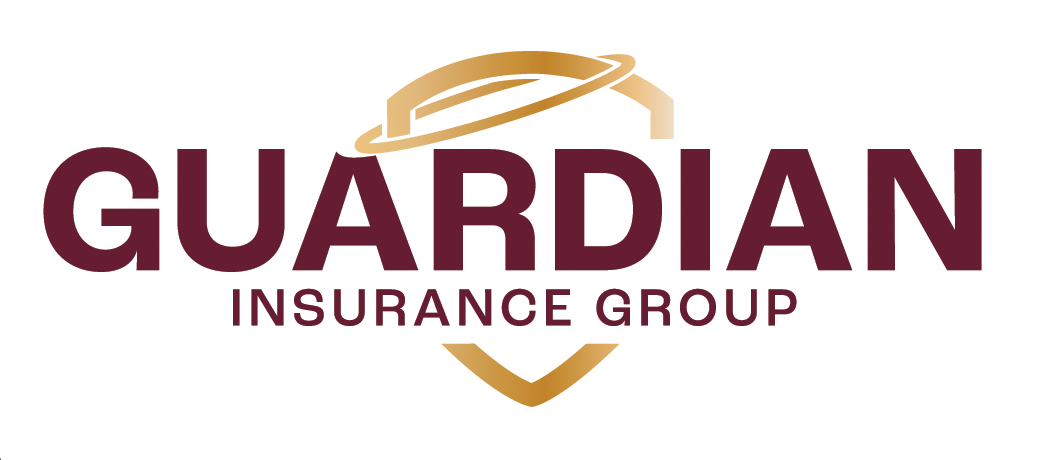Can I change my Medicare coverage Southaven, MS and Byhalia, MS?
Just like other insurance plans, Medicare has an enrollment period every year where you can make changes to your coverage. The enrollment period typically begins in mid-October and runs through early December.
You should know before enrollment whether later changes will involve penalties. For example, you may pay a penalty for selecting Prescription Drug Coverage at a later date.
When you first sign up for Medicare Part A and Part B, supplement plans are typically obligated to sell you a policy regardless of pre-existing conditions. This is not always true if you have already enrolled, switched plans, and are attempting to switch back to original Medicare and a supplement plan at a later age.
You need to be informed about all aspects of your Medicare coverage, and we are happy to help. Get started today by contacting us.







